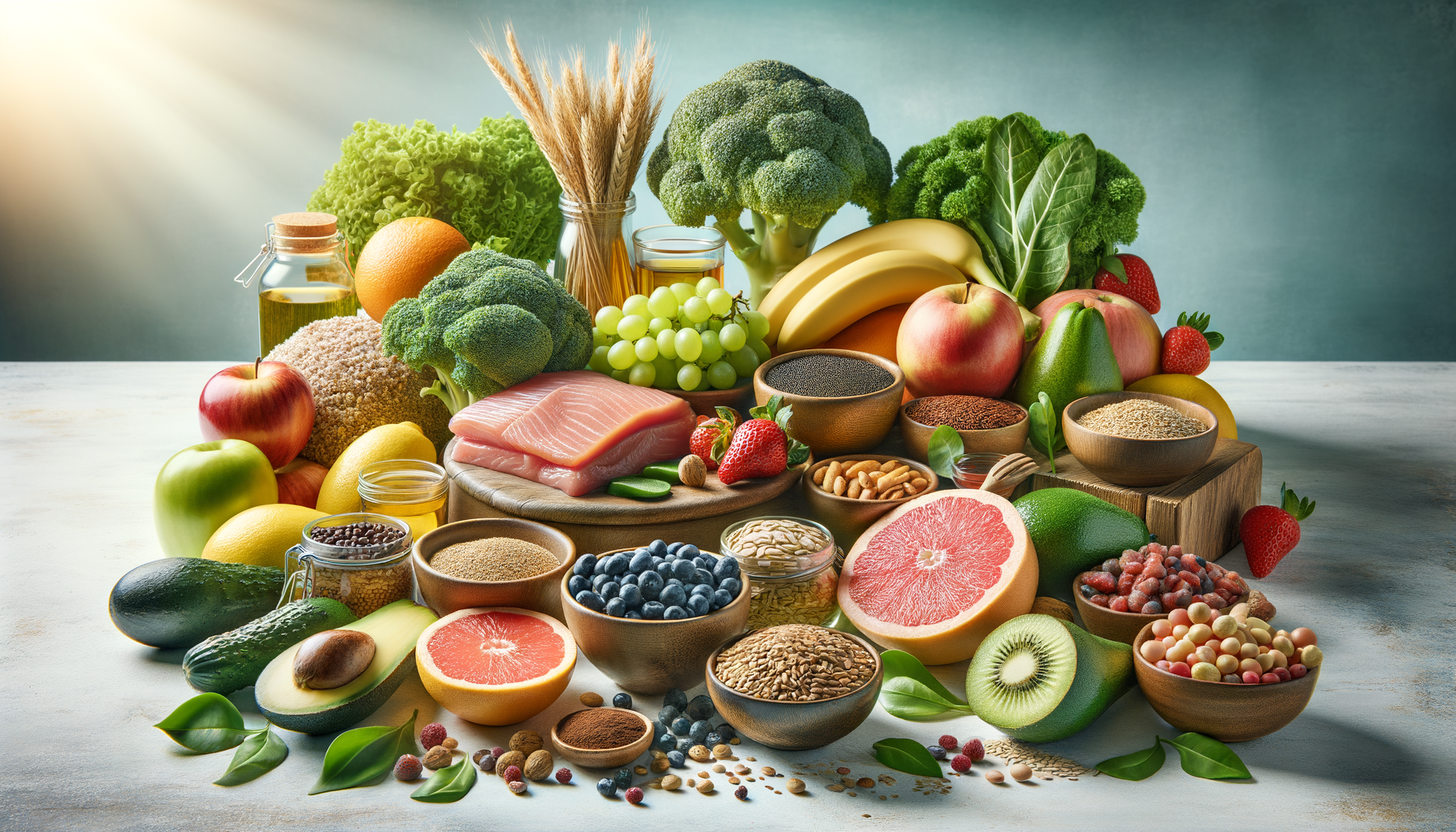The Science Behind Fat-Burning Foods
Understanding how certain foods can aid in fat burning requires a look into metabolism. Metabolism is the process by which your body converts what you eat and drink into energy. Even at rest, your body needs energy for basic functions such as breathing, circulating blood, and repairing cells. The rate at which your body burns calories at rest is known as your basal metabolic rate (BMR).
Foods that are considered to have fat-burning properties typically have certain characteristics that can enhance metabolism. For instance, they might increase thermogenesis, the production of heat in the body, which can lead to more calories being burned. Additionally, these foods can influence hormones that regulate appetite and fat storage.
Examples of such foods include those rich in protein, like lean meats and legumes, which require more energy to digest compared to fats and carbohydrates. This is known as the thermic effect of food (TEF). Furthermore, foods high in fiber, such as vegetables and whole grains, can also contribute to fat loss by promoting feelings of fullness and reducing overall calorie intake.
Spice Up Your Diet: The Role of Spices in Fat Burning
Spices are not just for adding flavor to dishes; they can also play a significant role in fat burning. Many spices have been found to boost metabolism, reduce appetite, and even enhance fat oxidation. For example, cayenne pepper contains capsaicin, a compound that can increase the body’s metabolic rate and enhance the process of thermogenesis.
Similarly, ginger, with its active component gingerol, has been shown to have anti-inflammatory and antioxidant effects, which can contribute to weight management. Cinnamon is another spice that can help regulate blood sugar levels, which is crucial for preventing insulin spikes that can lead to fat storage.
Incorporating a variety of spices into your meals not only enhances flavor but can also support your weight loss efforts. Consider adding spices like turmeric, black pepper, and cumin to your dishes for an extra metabolic boost.
The Power of Protein: Building Blocks for Fat Loss
Protein is an essential nutrient that plays a crucial role in fat loss. Unlike carbohydrates and fats, protein has a high thermic effect, meaning it requires more energy to digest. This process can increase your metabolism and help you burn more calories throughout the day.
High-protein foods such as chicken, fish, tofu, and legumes are not only filling but also help preserve muscle mass during weight loss. Maintaining muscle is important because muscle tissue burns more calories than fat tissue, even at rest.
In addition to its metabolic benefits, protein can also help control appetite by influencing hormones that regulate hunger and satiety. Incorporating a source of protein into each meal can help you feel fuller for longer, reducing the likelihood of overeating.
Fruits and Vegetables: Natural Allies in Fat Burning
Fruits and vegetables are naturally low in calories and high in fiber, making them ideal for weight loss. Fiber helps slow digestion, promoting a feeling of fullness and reducing overall calorie intake. Additionally, many fruits and vegetables are rich in water, which can contribute to hydration and satiety.
Certain fruits, such as berries, apples, and grapefruits, have been studied for their potential fat-burning properties. Grapefruit, in particular, has been shown to reduce insulin levels and enhance weight loss when consumed before meals.
Leafy greens like spinach and kale are also excellent choices. They are low in calories and high in nutrients, including vitamins, minerals, and antioxidants, which can support overall health and weight management.
Healthy Fats: Not All Fats Are Created Equal
While it may seem counterintuitive, consuming healthy fats can actually aid in fat loss. Healthy fats, such as those found in avocados, nuts, seeds, and olive oil, can help regulate appetite and improve metabolic health.
These fats are rich in omega-3 fatty acids, which have been shown to reduce inflammation and improve heart health. They can also enhance the body’s ability to burn fat by increasing the activity of fat-burning enzymes.
Incorporating a moderate amount of healthy fats into your diet can help you feel satisfied after meals and reduce cravings for unhealthy snacks. Remember, the key is moderation, as fats are calorie-dense and should be consumed in controlled portions.








